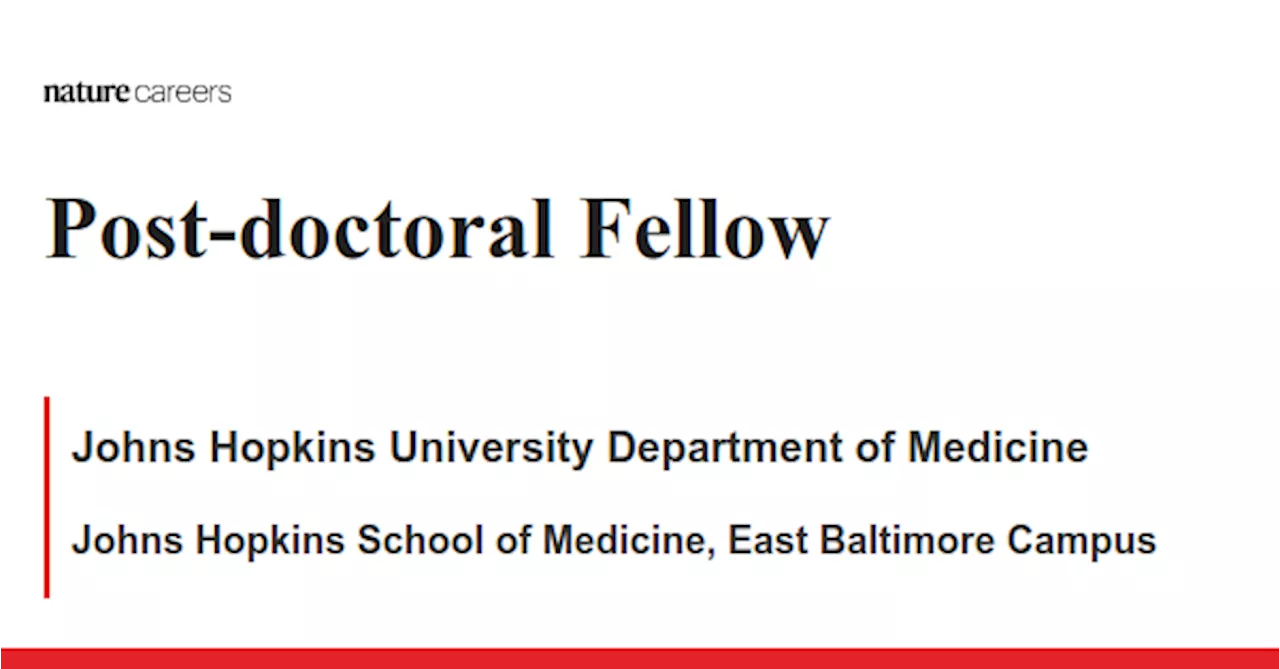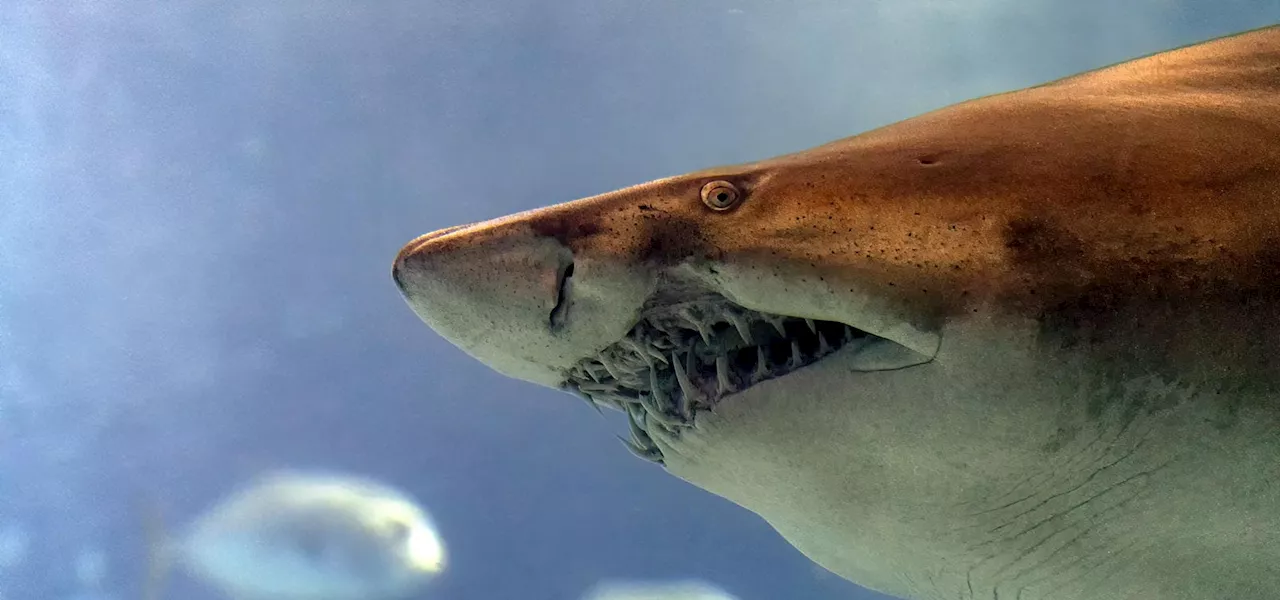Nancy Hopkins used a commitment to justice and a tape measure to take M.I.T. to task for discrimination. The impacts of her fight are still being felt today.
, former Boston Globe reporter Kate Zernike tells Hopkins’s story, which led to M.I.T.’s historic admission of discrimination against its female scientists in 1999.Nancy Hopkins, a molecular biologist who made major discoveries in cancer genetics, became an unlikely activist in her early 50s. She had always believed that if you did great science, you would get the recognition you deserved.
Nancy changed her focus to zebrafish, which allowed her to ask and answer questions about genetics and development. I still remember those girls and who didn't love math, uh, the way I did. And I mean, oh my gosh, think what they were missing. I know I always felt, you know, solving math problems was a little bit like eating candy. There was something about it. It was so rewarding. It was just such a pleasure to do it. And I thought, oh, once they see this, they're going to enjoy it too.
And I think a lot of young people who go to college, you're suddenly free. You're thinking about your life and what you're going to do with your life. And, um, I wasn't completely convinced that this was the right path even for me, you know. Somehow, was I going to be happy living in the suburbs with two children and a dog? I don't know. And, so I thought, maybe I should go to medical school.
You would just get on with it. So, you were silenced and also very insecure in whether you were right in your judgment of whether it was fair. So, you were always looking to see, well, did that really happen because I was a woman? But finally, it took me 20 years. It took me 15 years to be certain that all other women were discriminated against, and I still couldn't conclude it for myself. It took another five, so it took 20 years.
Anyway, many years later, I took on the teaching of a course that was going to be important for the department, and it was a course that other people generally didn't want to teach, and then I was pushed out of that, so, because it became valuable, and so I was pushed out, and I said, that's it, I'm done. I can't keep doing this any longer. no, done.Because to your mind and to all the feedback you were getting was that the course is going really well.
And I didn't want to do that, and I didn't know what to do, and finally I wrote a letter to the president of MIT saying, I thought, this is my last shot, I'm going to the top, and I said, you've got a problem here, because I've discovered there's a systemic, invisible, I believe, discrimination that people don't intend, but it's very damaging.
what I wanna ask you is, let's go back to 1999 for a second. When you had that first phone call with Nancy and began to learn the story, what stood out to you?Oh, a couple of things. One, just the sheer fact that MIT was going to admit that it discriminated against the women on its faculty. And that, that alone, Nancy likes to hear me say this, that in my business is what we call a man bites dog story. It was not what anyone was expecting.
If you're elected to the National Academy of Sciences, you're good enough for MIT. So maybe Nancy Hopkins wasn't good enough for MIT, but Mary-Lou Pardue was. Okay. I respected her enormously. I knew how good she was.The world knew how good she was. And yet I also knew that she had been discriminated against. The fact that she knew it, that's the new thing I learned. And this woman who had this stamp of approval from the world, really, as a scientist, had now agreed to it.
And they did, And so, they knew how good those women were as a group. And when you saw it all together, it had power. So of the 16 women, 11 are members of the National Academy of Sciences, four have won the National Medal of Science. These were not, these are not women where you, in any objective way, would look and go, eh, they're really not good enough.
I started looking into this as a book idea in January of 2018. We were just coming out of the surge of the #MeToo movement. And I was watching the #MeToo movement thinking okay, great. I'm glad that we're addressing these issues, these very egregious issues.
United Kingdom Latest News, United Kingdom Headlines
Similar News:You can also read news stories similar to this one that we have collected from other news sources.
 Self-assembling and disassembling swarm molecular robots via DNA molecular controllerResearchers from Tohoku University and Kyoto University have successfully developed a DNA-based molecular controller that autonomously directs the assembly and disassembly of molecular robots. This pioneering technology marks a significant step towards advanced autonomous molecular systems with potential applications in medicine and nanotechnology.
Self-assembling and disassembling swarm molecular robots via DNA molecular controllerResearchers from Tohoku University and Kyoto University have successfully developed a DNA-based molecular controller that autonomously directs the assembly and disassembly of molecular robots. This pioneering technology marks a significant step towards advanced autonomous molecular systems with potential applications in medicine and nanotechnology.
Read more »
 Self-assembling and disassembling swarm molecular robots via DNA molecular controllerResearchers have succeeded in developing a DNA-based molecular controller. Crucially, this controller enables the autonomous assembly and disassembly of molecular robots, as opposed to manually directing it.
Self-assembling and disassembling swarm molecular robots via DNA molecular controllerResearchers have succeeded in developing a DNA-based molecular controller. Crucially, this controller enables the autonomous assembly and disassembly of molecular robots, as opposed to manually directing it.
Read more »
 Johns Hopkins School of Medicine, East Baltimore Campus job with Johns Hopkins University Department of MedicinePost-doctoral position available to study novel strategies for treating genetic disorders. The strategies involve studying transporters and channel proteins involved in disease processes and mitigating changes that occur in heat shock proteins that affect protein processing.
Johns Hopkins School of Medicine, East Baltimore Campus job with Johns Hopkins University Department of MedicinePost-doctoral position available to study novel strategies for treating genetic disorders. The strategies involve studying transporters and channel proteins involved in disease processes and mitigating changes that occur in heat shock proteins that affect protein processing.
Read more »
 A Biologist Spotlights The 7 Most Lethal Sharks In The WorldI am an American evolutionary biologist, based at Rutgers University, where I specialize in biodiversity, evolution, and genomics. Drop me a note, here. Thanks for your readership and support.
A Biologist Spotlights The 7 Most Lethal Sharks In The WorldI am an American evolutionary biologist, based at Rutgers University, where I specialize in biodiversity, evolution, and genomics. Drop me a note, here. Thanks for your readership and support.
Read more »
 A Biologist Reveals The 10 Shark Species Known To Have Killed PeopleI am an American evolutionary biologist, based at Rutgers University, where I specialize in biodiversity, evolution, and genomics. Drop me a note, here. Thanks for your readership and support.
A Biologist Reveals The 10 Shark Species Known To Have Killed PeopleI am an American evolutionary biologist, based at Rutgers University, where I specialize in biodiversity, evolution, and genomics. Drop me a note, here. Thanks for your readership and support.
Read more »
 Series of Florida shark attacks had nothing to do with orcas, marine biologist says: reportThree people were bitten by a shark in a 90-minute span within five miles of each other. A marine biologist explains his theory of the attacks.
Series of Florida shark attacks had nothing to do with orcas, marine biologist says: reportThree people were bitten by a shark in a 90-minute span within five miles of each other. A marine biologist explains his theory of the attacks.
Read more »
